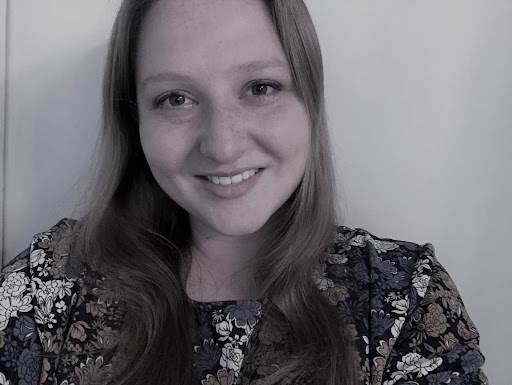Let's Talk Human Rights

2022 Summer Fellowships: PEJ
By Andreya Carlson
Local human rights advocates who seek justice for the oppressed must look beyond norms that involve suppression of human rights. They must be able to recognize both the incredible, inherent value of human life, as well as the propensity of human beings to violate, disregard or turn a blind eye to human life. Human rights advocates must see both a vision of a positive future to be gained and deal with present difficult realities.
Project Expedite Justice (PEJ) supports these brave advocates in different nations who desire to seek justice, make a positive impact, and contribute to holding perpetrators of violent crimes to account.
PEJ supports local lawyers and human rights defenders across multiple countries. More specifically, PEJ works to “train local lawyers and investigators to have the skills necessary to collect and preserve evidence in a manner that meets international legal standards.” It focuses in large part on mass atrocities, with the aim of “holding perpetrators of atrocities accountable, reducing risks for survivors and witnesses, ending cycles of violence, creating more accountability mechanisms, deterring future perpetrators from committing atrocities, and giving victims a sense of justice.” The countries PEJ operates in include Sudan, South Sudan, Uganda, and the Democratic Republic of the Congo.
I had the opportunity to be a part of PEJ’s dedicated Sudan team, both in my roles as a Spring Intern and as a Summer Fellow. Sudan is a country along the northeastern coast of Africa, with a population of over 45 million people. In terms of its geographic stretch, it is the third-largest country in Africa. Sudan’s capital city is Khartoum, and the county borders Egypt, Libya, Chad, the Central African Republic, South Sudan, Ethiopia, Eritrea, and the Red Sea.
Sudan has a rich culture and history. Unfortunately, like many countries around the world, it also struggles with a pattern of human rights violations. A deep dive into the interplay amongst history, religion and identity in Sudan can help to understand the complexity that undergirds its human rights situation. According to the United States’ Bureau of Democracy, Human Rights and Labor, some of human rights concerns in Sudan include unlawful or arbitrary killings, dangerous prison conditions, arbitrary arrests and detention, mass atrocities during times of conflict, violence against journalists and intrusions into privacy, government corruption, gender-based violence, and early, child, and forced marriages.
As a Summer Fellow with PEJ, I had the opportunity to build on some of the work during my internship in the Spring and also engaged in some new projects. I continued work on lessons and educational content for an online course around sexual and gender-based violence. I also developed content for several workshops that PEJ conducted with local human rights organizations, including on equality and non-discrimination under international human rights law, advocacy for women’s rights, and the human rights context in Sudan. I also distributed evaluation forms to program participants so that the team could examine the effectiveness of the trainings. On occasion, I also provided support to their local partner organizations around their marketing materials.
Overall, from this experience I learned how to work and coordinate with a global team entirely through online communications. I also gained knowledge of many broad human rights issues, as well as specific issues within the Sudanese context. Further, I learned more about international human rights law and the distinctions among genocide, crimes against humanity, and war crimes, and the ways to appropriately reporting about these in advocacy efforts, such as employing the "Do No Harm" principle.
One interesting insight I gained was about the practical ways that human rights organizations need to adapt their approach in order to communicate their messages and educate others when various adverse situations arise, such as an internet shut down in the country or crackdowns on protesters. It was important to see how human rights organizations and other non-governmental organizations pivot their strategies to provide their services in new or different ways when different social challenges arise.
Ultimately, this positive experience affirmed my belief that we can all work together to seek justice for those who have been oppressed and to hold perpetrators accountable.

Andreya is a 3L at the University of Dayton School of Law (UDSL), where she has particular interests in international human rights law and intellectual property law. She gained over seven years of marketing and communications strategy experience before attending UDSL, including work for an international NGO. Andreya graduated with her Bachelor’s degrees in Journalism and Psychology from Ohio University in 2013, and with a certificate in Global Leadership.
